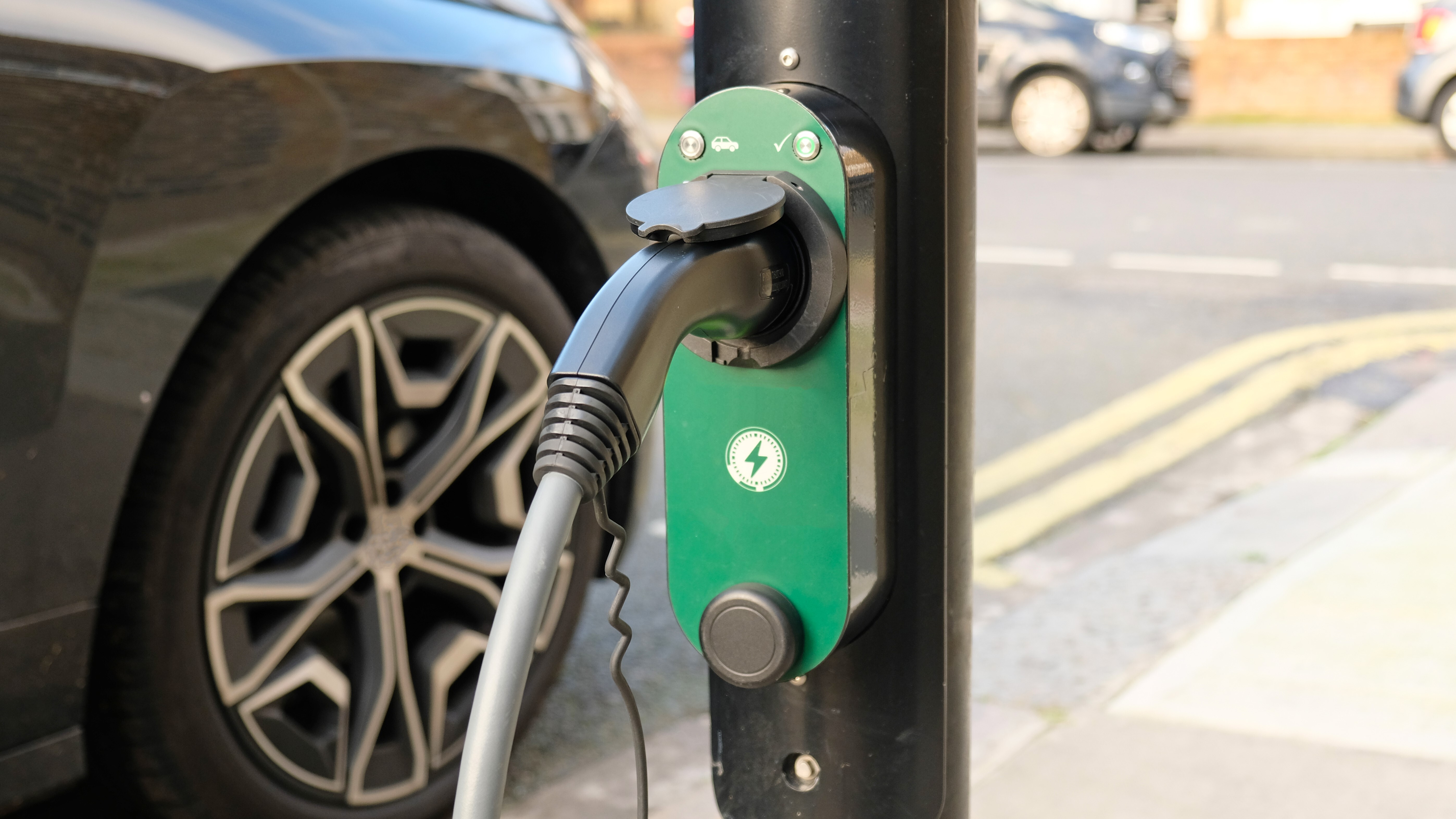

The global transition to electric vehicles (EVs) is revolutionising the automotive industry, driven by increasing concerns over air pollution and stringent emission regulations imposed by governments worldwide. With the environmental imperative to reduce fossil fuel dependency, battery electric vehicles (BEVs) and hybrid electric vehicles (HEVs) have gained substantial traction among consumers, with USD 4216.91 billion in 2024. This shift has also sparked a corresponding rise in the demand for lightweight materials such as aluminium in automobile manufacturing.

One of the key factors accelerating the adoption of EVs is their lower maintenance cost compared to traditional petrol and diesel vehicles. The COVID-19 pandemic initially dampened the automotive market, with a sharp decline in on-road vehicles during 2020 and 2021. However, as lockdowns eased post-June 2020, EV sales rebounded strongly, with BEVs and HEVs taking the lead. The period from 2023 to 2025 is projected to witness significant growth in EV sales, buoyed by government incentives, declining battery prices, and an influx of new models from original equipment manufacturers (OEMs).
According to Fortune Business Insights, in the Asia-Pacific region, the EV market has seen unparalleled growth, with China leading the charge. Extensive government support, the expansion of charging infrastructure, and improvements in EV technology have positioned China as the region’s dominant market, followed closely by India and Japan. India, the world’s fifth-largest automobile market, is on track to become the third-largest by 2030. With nearly 80 per cent of its crude oil requirements being imported, India has recognised the strategic necessity of embracing EVs. The Indian government, under its NITI Aayog initiative, aims to achieve 70 per cent EV penetration across all vehicle types by 2030 to attain net-zero carbon emissions by 2070.
The increasing demand for EVs in India has driven significant developments in the automotive sector. Over the past three years, approximately 0.52 million EVs have been registered in the country. Domestic electric two-wheeler brands are also entering the market to capitalise on this rapid growth. One noteworthy case study is Honda Motor Company’s foray into India’s EV landscape. Although a late entrant compared to other manufacturers, Honda has ambitious plans to establish a dedicated electric motorcycle factory in Karnataka by 2028. This facility will be adjacent to its current two-wheeler plant in Narasapura near Bengaluru.
Daiki Mihara, Chief of the Motorcycle and Power Products Electrification Business Unit at Honda announced the company’s plans during a media interaction in Japan. “We will start with a commuter bike with a 4kWh battery comparable to 100cc bikes. Exporting them is also an option. We can produce electric bikes similar to midsize bikes there,” Mihara stated. Beyond catering to domestic demand, Honda envisions this facility as a strategic export hub for other emerging markets seeking affordable EV options. “Moving forward, we will continue to leverage the strengths cultivated through ICE technology to introduce new EVs, including models with fixed batteries. In India’s largest market, we aim to achieve the number one position in the electric segment by implementing various initiatives,” Mihara added.
 Events
Events
 e-Magazines
e-Magazines
 Reports
Reports



Responses






